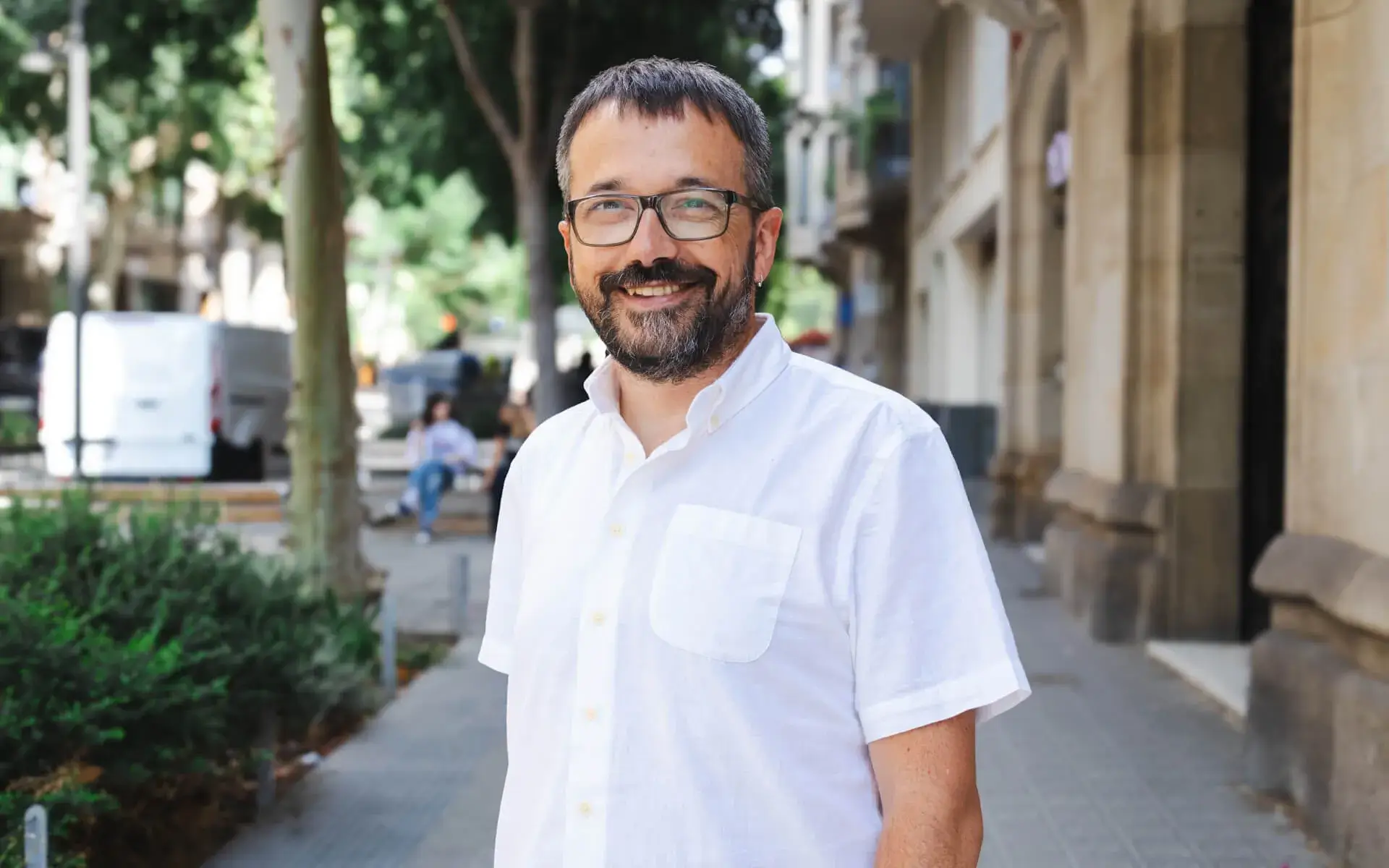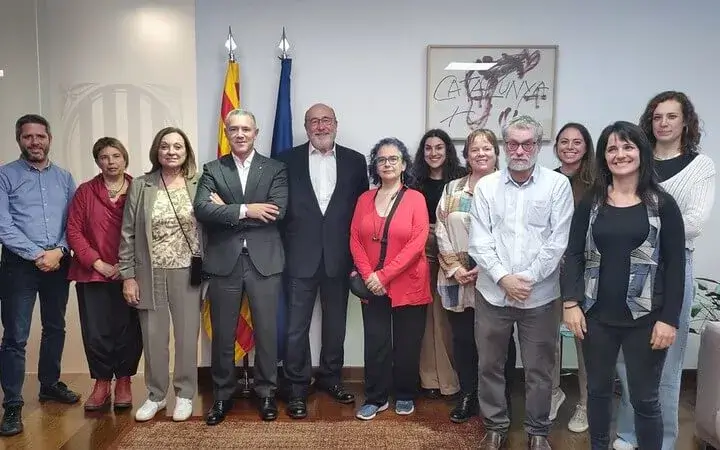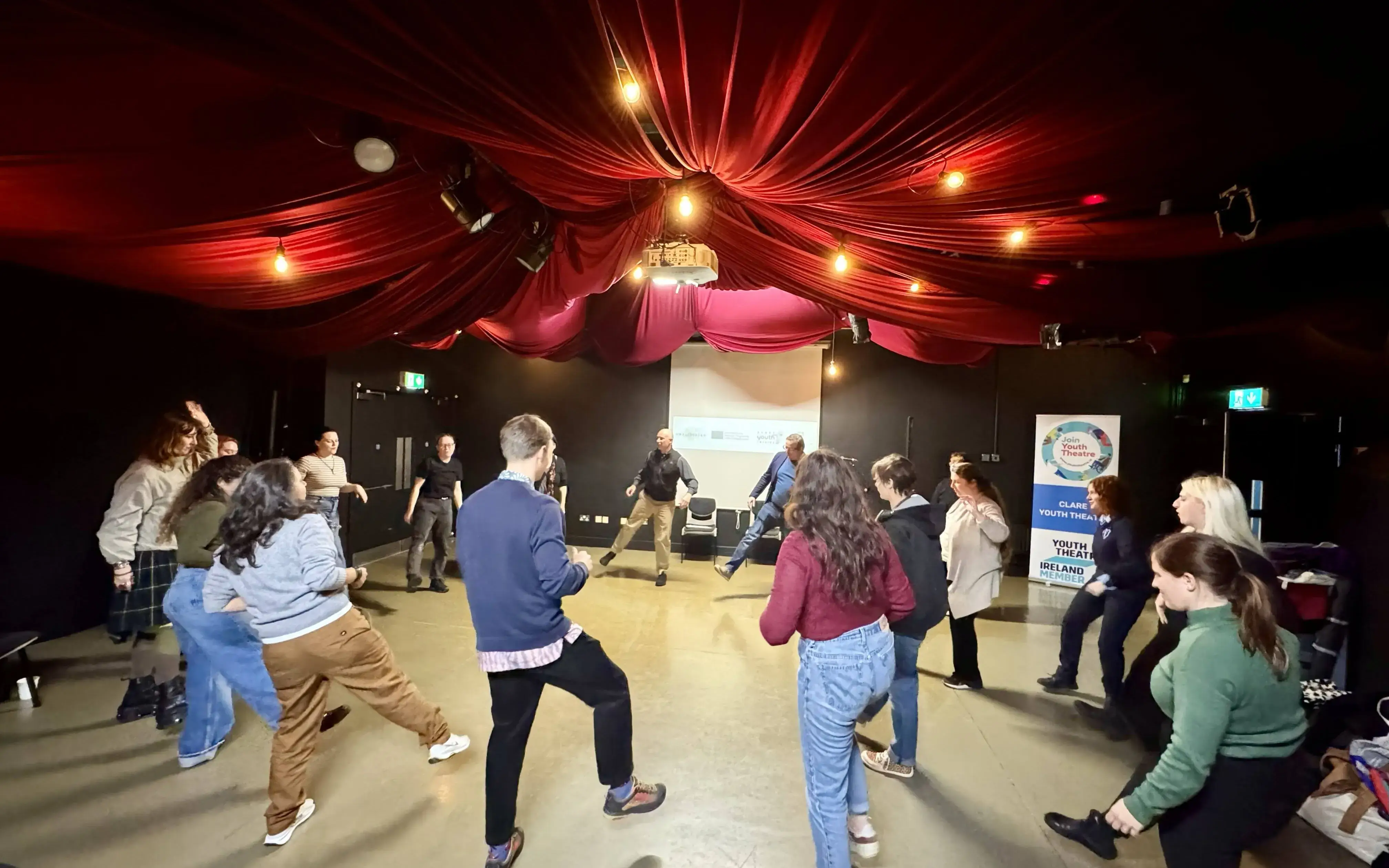
Sostre Cívic, the leading cooperative for cooperative housing under the use-transfer model in Catalonia, has submitted proposals to Spain’s new National Housing Plan 2026–2030 and to the European Public Consultation on Affordable Housing.
The aim is to ensure that the cooperative model under use-transfer is recognized and funded as a key tool for expanding affordable and social housing across Spain and Europe.
The National Plan, presented by the Spanish Ministry of Housing and Urban Agenda, will be the first under the new Housing Law and has a budget of €7 billion — three times higher than previous plans. In this context, Sostre Cívic calls for housing cooperatives to be recognized as social housing providers with a defined role within public housing policy.
“The new National Plan must prioritize affordable and social housing developed and managed by non-profit entities, recognizing the cooperative housing model under the use-transfer scheme,” said David Guàrdia, co-director of Sostre Cívic. “Although Catalonia has made significant progress, national recognition is essential for the model to consolidate and expand.”
Among its main proposals, Sostre Cívic suggests:
- Allocating 5% of the national housing budget to cooperative housing projects.
- Restricting subsidies to non-profit entities, excluding speculative “coliving” or “cohousing” models.
- Including the use-transfer model in all affordable housing programs, both on public and private land.
At the European level, Sostre Cívic has also contributed to the European Commission’s Public Consultation on the Future Affordable Housing Plan, through its participation in Housing Europe, the European Federation of Public, Cooperative and Social Housing. The cooperative advocates for stronger European coordination and investment to guarantee housing access across the continent.
Their key proposals in Brussels include:
- Dedicated European and national funding streams for cooperatives and social housing entities.
- Public land reserved for community-managed housing projects.
- Reform of State aid regulations to include non-profit initiatives.
- Promotion of sustainability and innovation through timber construction, renewable energy, and community energy systems.
- Measures to curb real estate speculation and financialization.
European financing already plays a crucial role in scaling up this model. Thanks to a €31 million loan from the Council of Europe Development Bank—the largest ever granted by a European institution to a cooperative—Sostre Cívic is currently developing around 400 homes across more than 12 projects in Catalonia.
Through these initiatives, Sostre Cívic reinforces its commitment to influencing public housing policy at both national and European levels, consolidating the use-transfer model as a viable, replicable, and transformative alternative to traditional ownership and rental systems.
Based in Catalonia, Sostre Cívic is a housing cooperative that promotes an alternative, fairer, and more accessible model of housing access. It is the largest cooperative of its kind in Catalonia, with over 2,100 members and 25 projects under development, 14 of which are already inhabited.






Add new comment